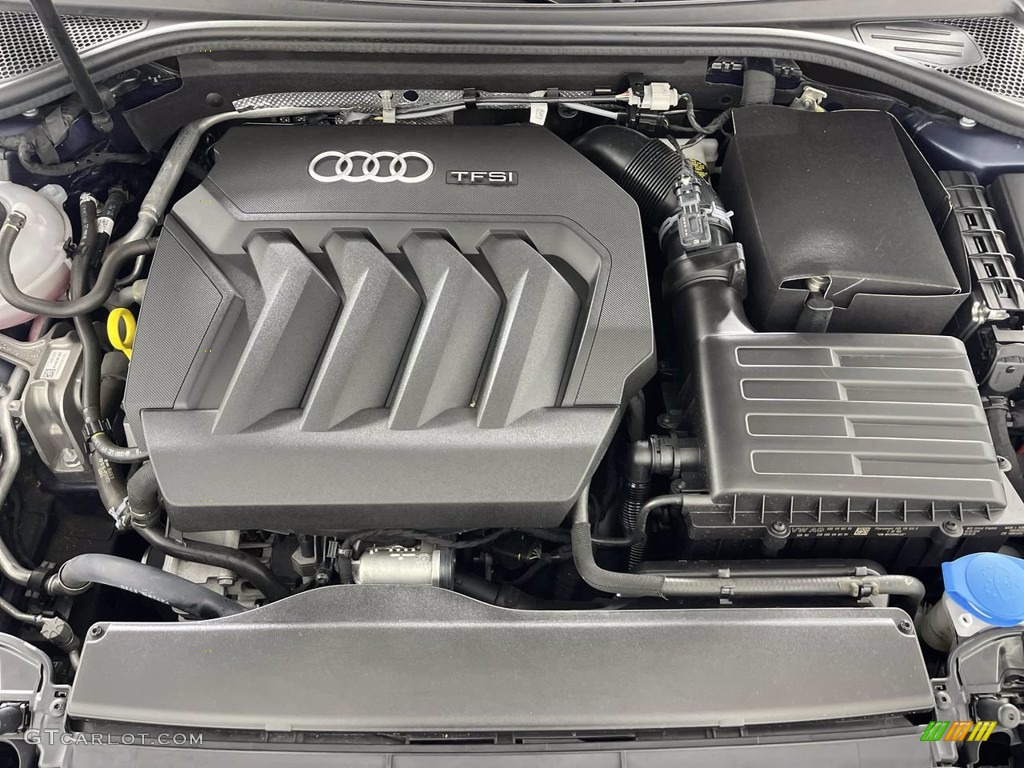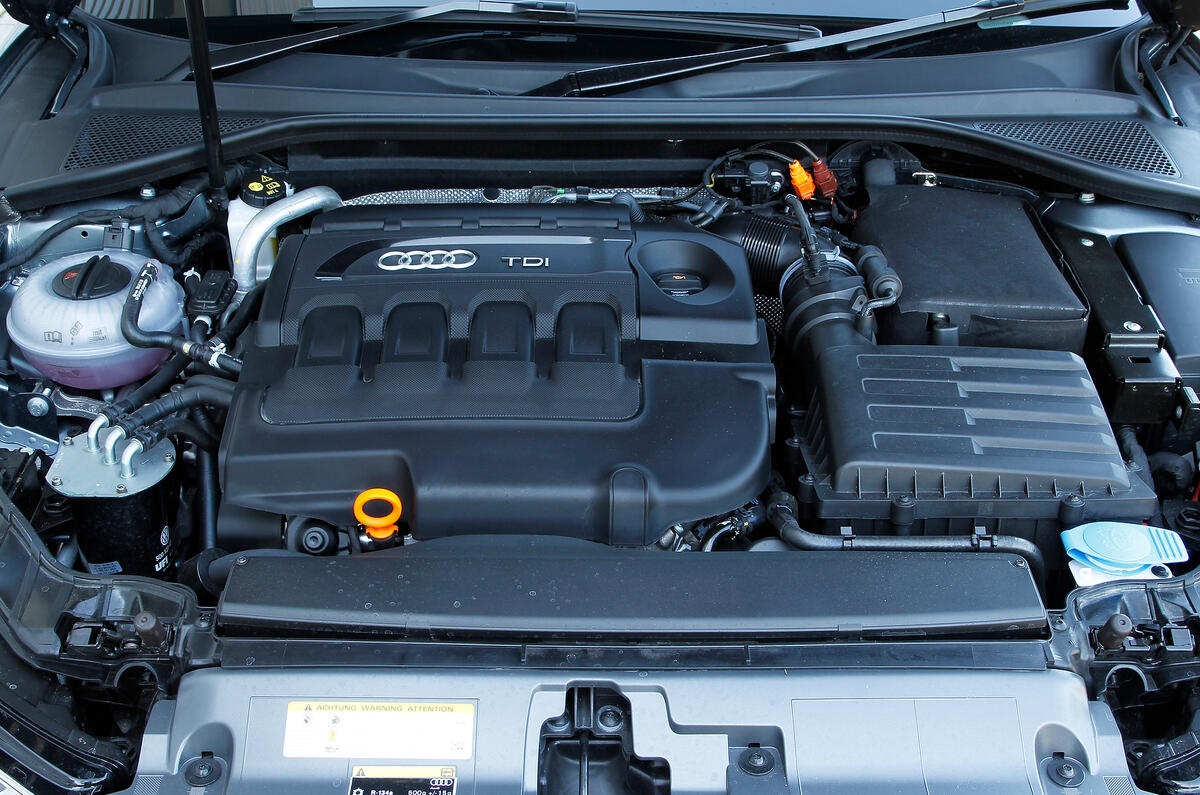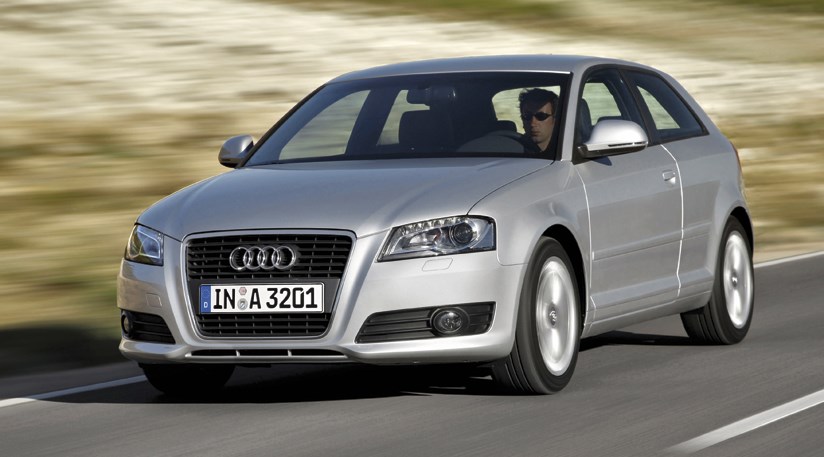Low battery
Battery level is below 20%. Connect charger soon.
Audi A3 2.0 TDI 170 Engine: Specs, Performance & Reliability – A Deep Dive
The Audi A3, a perennial favorite in the compact executive class, has consistently offered a blend of premium features, stylish design, and engaging driving dynamics. Among the various engine options available throughout its generations, the 2.0 TDI engine with 170 horsepower (often referred to as the 2.0 TDI 170 or 2.0 TDI 170PS) stands out as a popular choice for its balance of performance and fuel efficiency. This article provides a comprehensive overview of this engine, exploring its specifications, performance characteristics, and reliability, helping you make an informed decision if you’re considering an Audi A3 with this engine.
Engine Specifications: A Technical Overview
The 2.0 TDI 170 engine, typically found in the second generation (8P) and early third generation (8V) Audi A3 models, is a workhorse known for its punchy performance. Let’s break down the key specifications:
- Engine Type: 2.0-liter (1968cc) Inline-4 Turbocharged Diesel Engine
- Power Output: 170 horsepower (125 kW)
- Torque: Typically around 350 Nm (258 lb-ft)
- Fuel System: Common Rail Direct Injection
- Cylinder Head: Aluminum Alloy
- Engine Code: Varies depending on the specific model year and implementation (e.g., BMN, CBBB, CFGB)
- Drivetrain: Front-wheel drive (FWD) or Quattro (all-wheel drive) options available
- Transmission: Available with a 6-speed manual or 6-speed DSG (Direct Shift Gearbox) automatic transmission
This engine’s design emphasizes efficiency and performance, utilizing a turbocharger to boost power and torque, allowing for brisk acceleration and overtaking capabilities. The common-rail fuel injection system contributes to improved fuel economy and reduced emissions compared to older diesel technologies.
Performance & Driving Experience: What to Expect
The 2.0 TDI 170 engine provides a noticeable upgrade in performance compared to lower-powered diesel options. Here’s what you can expect behind the wheel:
- Acceleration: 0-62 mph (0-100 km/h) times typically range from 7.8 to 8.5 seconds, depending on the drivetrain and transmission.
- Mid-Range Punch: The strong torque delivery makes for effortless overtaking and responsive acceleration from low speeds.
- Fuel Economy: Expect fuel efficiency in the range of 45-55 mpg (UK) or 37-46 mpg (US) on combined driving cycles, depending on driving style, road conditions, and the specific A3 model.
- Driving Dynamics: The engine’s responsive nature complements the A3’s well-balanced chassis, offering an enjoyable driving experience. The quattro models offer enhanced grip and stability, particularly in challenging weather conditions.
The 2.0 TDI 170 is a versatile engine, suitable for both daily commutes and longer journeys. Its strong performance and respectable fuel economy make it a compelling choice for drivers seeking a balance of practicality and driving pleasure.
Reliability & Common Issues: What Owners Should Know
While the 2.0 TDI 170 engine is generally considered reliable, like all engines, it can experience issues over time. Being aware of these potential problems can help you maintain the engine properly and anticipate potential repairs.
- Timing Belt & Water Pump: Regular replacement of the timing belt and water pump is crucial to prevent catastrophic engine damage. The recommended interval is usually around every 60,000 to 80,000 miles, or every 5 years, although this can vary depending on the model year and specific engine code.
- Diesel Particulate Filter (DPF): Diesel engines are equipped with a DPF to reduce emissions. Clogging of the DPF can occur, particularly with short journeys and stop-start driving. Regular motorway driving helps regenerate the DPF and prevent clogging.
- Dual Mass Flywheel (DMF): Some models with this engine and manual transmissions are equipped with a DMF, which can fail over time. Symptoms include vibrations, rattling noises, and difficulty changing gears.
- Turbocharger: Turbocharger failure is possible, particularly in older engines. Regular oil changes and proper engine warm-up and cool-down procedures can help prolong the turbocharger’s lifespan.
- EGR Valve: The Exhaust Gas Recirculation (EGR) valve can become clogged with carbon deposits, leading to performance issues.
- Oil Consumption: Some engines may experience oil consumption, especially as they age. Regular oil level checks are recommended.
Maintenance is Key: Adhering to the manufacturer’s recommended service intervals, using high-quality oil and fuel, and addressing any warning signs promptly are essential for maintaining the reliability of the 2.0 TDI 170 engine.
Advantages and Disadvantages
Advantages:
- Strong Performance: Offers brisk acceleration and effortless overtaking.
- Fuel Efficiency: Delivers respectable fuel economy.
- Versatile: Suitable for both daily commutes and longer journeys.
- Relatively Affordable: Compared to higher-performance petrol engines.
- Availability: Widely available in the second-generation (8P) and early third-generation (8V) Audi A3 models.
Disadvantages:
- Potential for Diesel-Related Issues: DPF and EGR valve issues can arise.
- Maintenance Costs: Diesel engine maintenance can sometimes be more expensive than petrol engines.
- Noise and Vibration: Diesel engines can produce more noise and vibration than petrol engines, especially at idle.
- Depreciation: Diesel cars can sometimes depreciate more quickly than petrol cars, particularly if there are changes to emission regulations.
Conclusion: Is the 2.0 TDI 170 Right for You?
The Audi A3 with the 2.0 TDI 170 engine offers a compelling package for drivers seeking a blend of performance, fuel efficiency, and practicality. Its strong power delivery, combined with respectable fuel economy, makes it an excellent choice for both city driving and longer journeys. However, prospective buyers should be aware of the potential for diesel-related issues and the importance of regular maintenance. If you prioritize a balanced driving experience and are prepared to maintain the engine properly, the 2.0 TDI 170 in an Audi A3 is a strong contender in the compact executive class.
FAQs
1. What is the average lifespan of the 2.0 TDI 170 engine?
With proper maintenance, the 2.0 TDI 170 engine can easily last for 150,000 to 200,000 miles or more. Regular servicing and timely repairs are crucial for maximizing its lifespan.
2. What are the signs of a failing DPF?
Symptoms of a failing DPF include reduced engine performance, a warning light on the dashboard, and potentially a noticeable smell of diesel.
3. How often should I change the oil in my 2.0 TDI 170 engine?
It is recommended to change the oil and filter every 10,000 to 15,000 miles, or annually, whichever comes first. Refer to your owner’s manual for the specific recommendations.
4. Is the DSG gearbox reliable with this engine?
The 6-speed DSG gearbox is generally reliable, but it requires regular servicing, including oil and filter changes, to maintain its performance and longevity. Some owners have reported issues with the mechatronics unit, which is a complex electronic and hydraulic control system within the gearbox.




